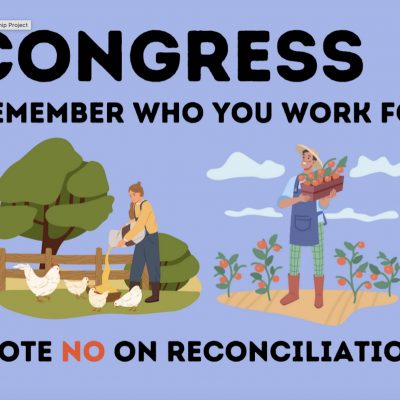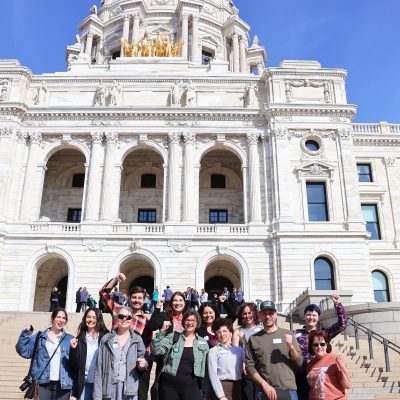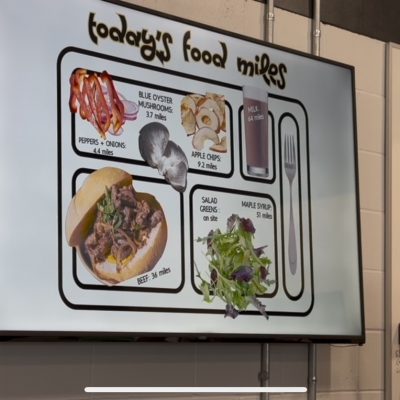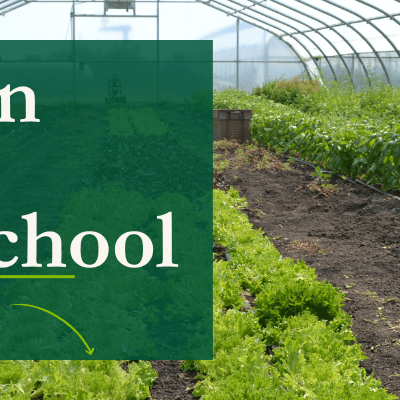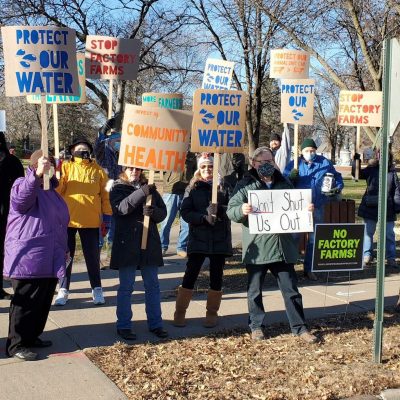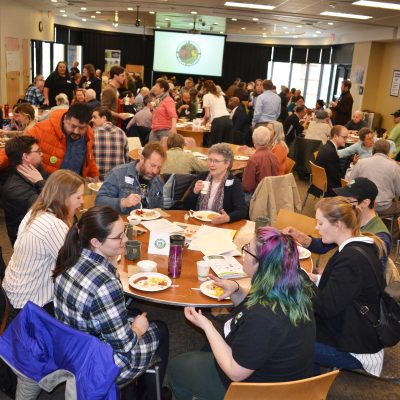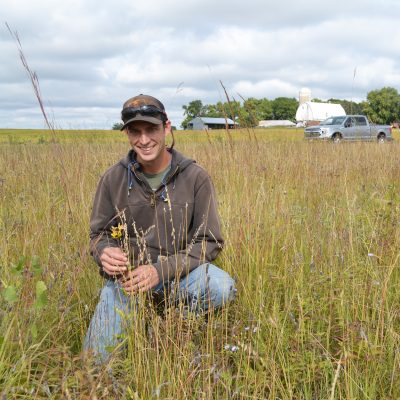Tell Your Representatives: We Want a Farm Bill for All, Not a Tax Break for the Wealthiest
The Current Budget Reconciliation Bill is Bad for Farmers, the Land & Communities
The Land Stewardship Project and our allies have been loud and clear for years: we need strong agricultural legislation that invests in programs that nourish people, protect our environment, and build strong economies. All farmers deserve support so they can thrive, and all community members deserve access to nutritious food. The House of Representatives will soon vote… Read More →
